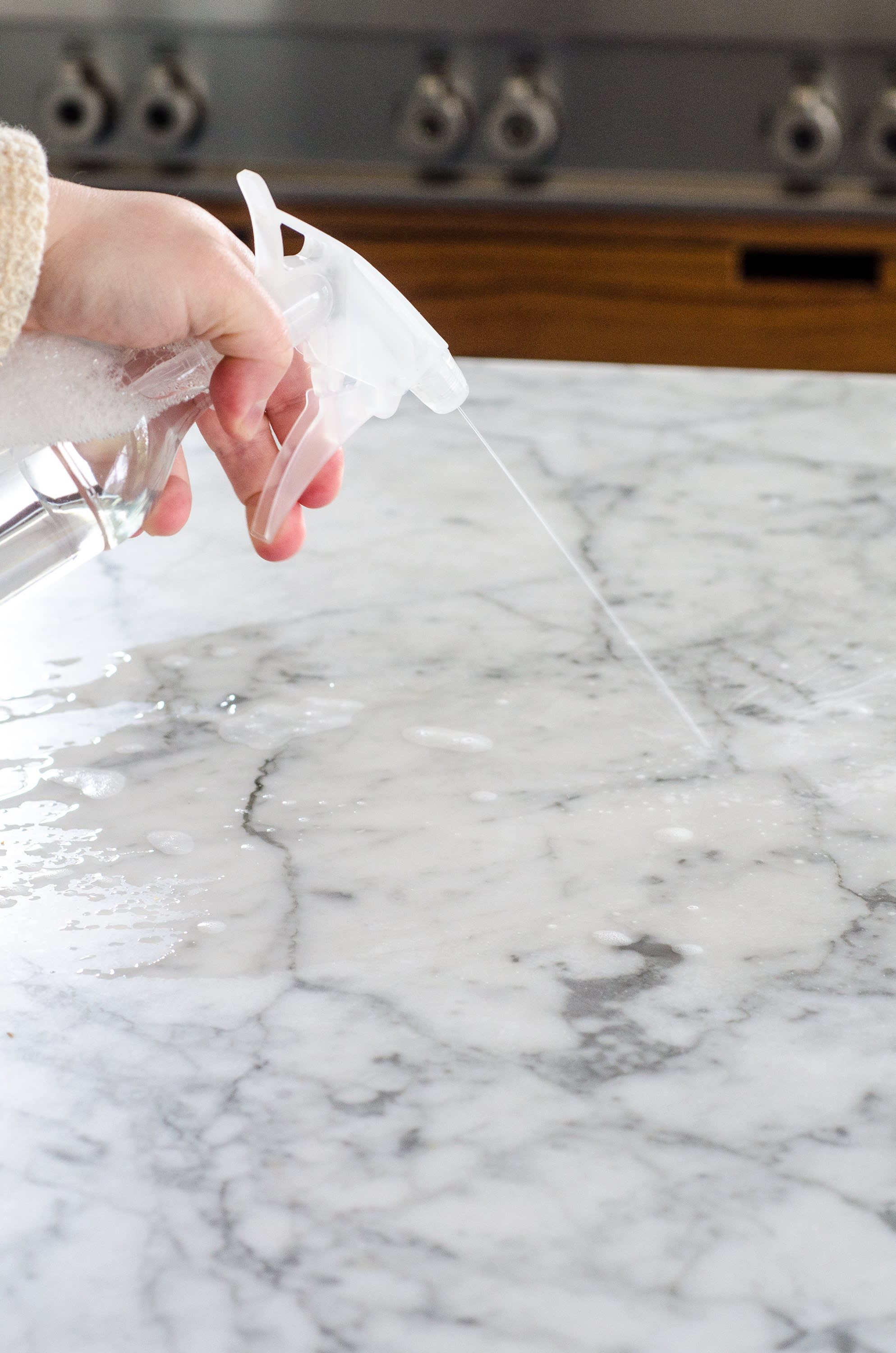Maintaining marble countertops is essential to preserving their beauty and longevity. Whether you’ve recently installed marble countertops in your kitchen or bathroom or you’ve had them for years, proper maintenance is key to ensuring they remain in pristine condition. Here’s a comprehensive guide on how to maintain marble countertops effectively:
Daily Cleaning Routine: Start by wiping down your marble countertops daily with a soft cloth or sponge and a mild, pH-neutral cleaner. Avoid using harsh or acidic cleaners, as they can etch the surface of the marble.
Avoid Abrasive Materials: When cleaning your marble countertops, steer clear of abrasive materials like steel wool or abrasive cleaners. These can scratch the surface of the marble, leading to permanent damage.
Use Gentle Cleaning Agents: Opt for gentle cleaning agents specifically designed for marble surfaces. These can include specialized marble cleaners or a mixture of mild dish soap and warm water.
Spills and Stains: Immediately wipe up any spills on your marble countertops to prevent staining. For stubborn stains, create a paste using baking soda and water, apply it to the stained area, and let it sit for several hours before gently scrubbing and rinsing.

Sealing: Seal your marble countertops regularly to protect them from stains and etching. How often you need to seal your countertops depends on the type of marble and the sealer used, but a good rule of thumb is to reseal every 6 to 12 months.
Avoid Heat Damage: Marble is heat-resistant but not heat-proof. Avoid placing hot pots, pans, or dishes directly onto marble countertops, as this can cause discoloration or even cracking. Always use trivets or hot pads to protect the surface.
Prevent Scratches: While marble is durable, it can still scratch. To prevent scratches, use cutting boards when chopping or slicing food, and avoid dragging heavy or sharp objects across the surface.
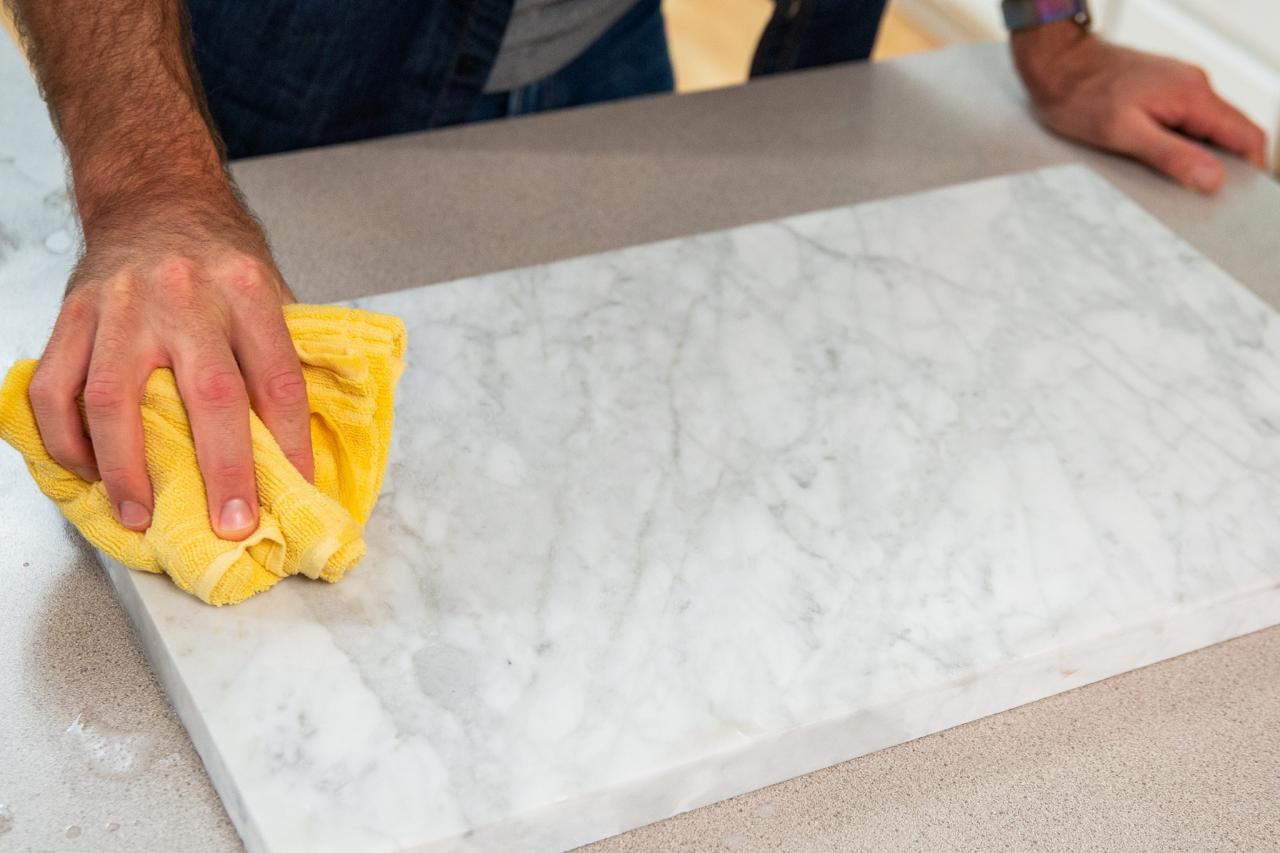
Regular Polishing: Periodically polish your marble countertops to maintain their shine and luster. Use a marble-specific polishing compound and follow the manufacturer’s instructions for best results.
Avoid Acidic Foods: Acidic foods like citrus fruits, vinegar, and tomato sauce can etch the surface of marble countertops. Be mindful when cooking and preparing food, and use cutting boards or coasters to protect the surface from acidic spills.
Preventative Measures: Consider using coasters, placemats, and trays to prevent direct contact between items and your marble countertops. This helps minimize the risk of scratches, stains, and other damage.
Regular Inspections: Periodically inspect your marble countertops for any signs of damage, such as chips, cracks, or etching. Addressing issues early can help prevent further damage and preserve the integrity of your countertops.
Avoid DIY Remedies: While there are many DIY remedies and home solutions for cleaning and maintaining marble countertops, it’s best to stick with products specifically designed for marble. DIY solutions can sometimes cause more harm than good.
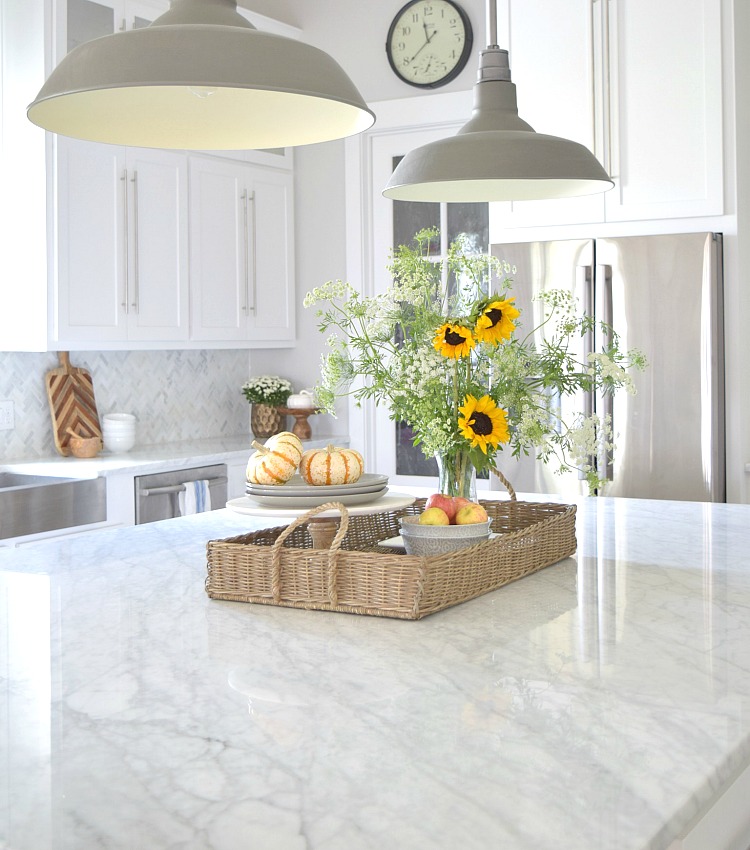
Professional Maintenance: Consider hiring a professional marble maintenance company to periodically deep clean, seal, and polish your countertops. Professional maintenance can help extend the life of your marble countertops and keep them looking their best.
Educate Yourself: Take the time to educate yourself on the characteristics of marble and the best practices for maintenance. Understanding how marble reacts to different substances and treatments can help you make informed decisions when caring for your countertops.
Regular Care and Attention: Ultimately, the key to maintaining marble countertops is regular care and attention. By following these tips and establishing a consistent cleaning and maintenance routine, you can enjoy beautiful and durable marble countertops for years to come.

How do I remove stains from marble countertops?
Stubborn stains on marble countertops can be removed by creating a paste using baking soda and water. Apply the paste to the stained area, let it sit for several hours, then gently scrub and rinse.
How often should I seal my marble countertops?
The frequency of sealing marble countertops depends on the type of marble and the sealer used, but it’s generally recommended to reseal every 6 to 12 months for optimal protection.
Can I use vinegar to clean marble countertops?
No, it’s best to avoid using acidic cleaners like vinegar on marble countertops, as they can etch the surface and cause damage. Instead, opt for mild, pH-neutral cleaners specifically designed for marble.
Are marble countertops prone to scratching?
While marble is durable, it can still scratch. To prevent scratches, use cutting boards when chopping or slicing food, and avoid dragging heavy or sharp objects across the surface.
What should I do if my marble countertops are chipped or cracked?
If you notice chips or cracks in your marble countertops, it’s best to consult with a professional marble repair specialist. They can assess the damage and recommend the appropriate repair solutions to restore your countertops to their original condition.
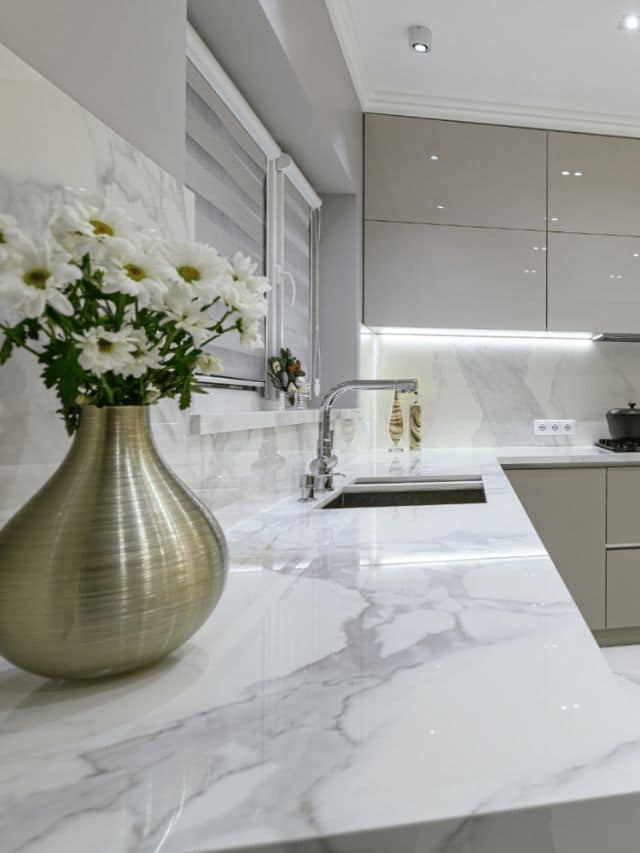
How to Clean and Care for Your Marble Countertops
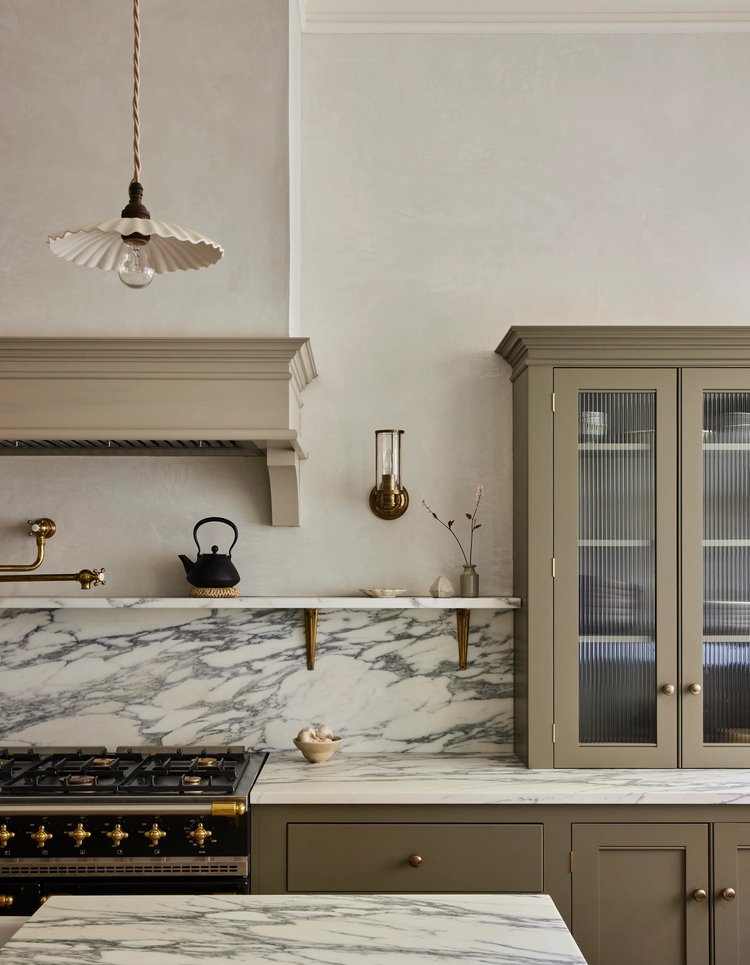
Remodeling 101: How to Care for Marble Countertops – Remodelista
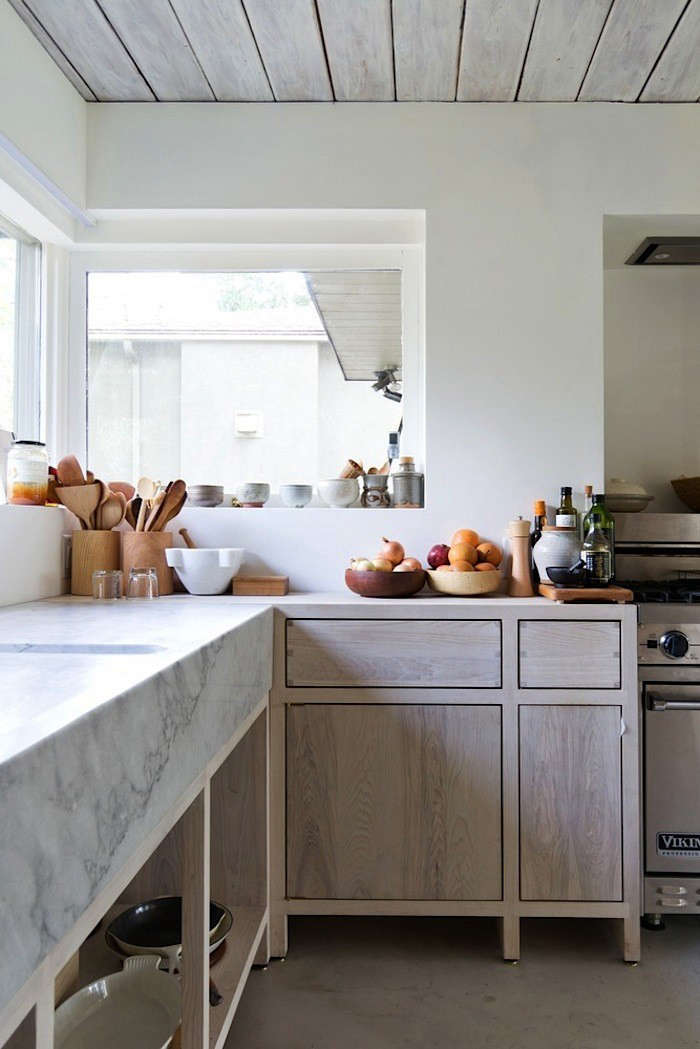
How To Clean Marble Countertops Kitchn
Pros and Cons of Marble Countertops – Case Against Marble Counters
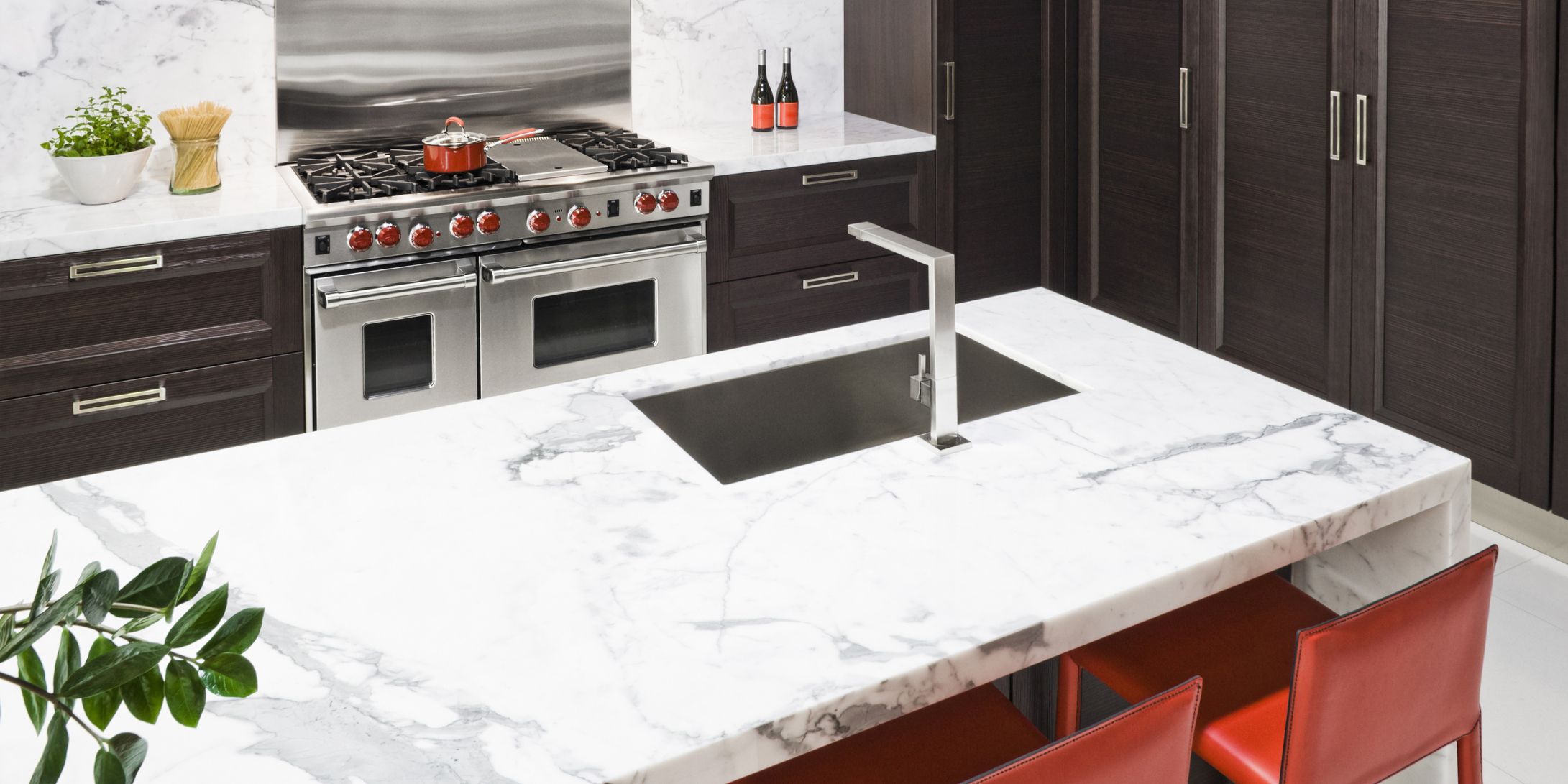
Safe Ways to Clean Marble Countertops
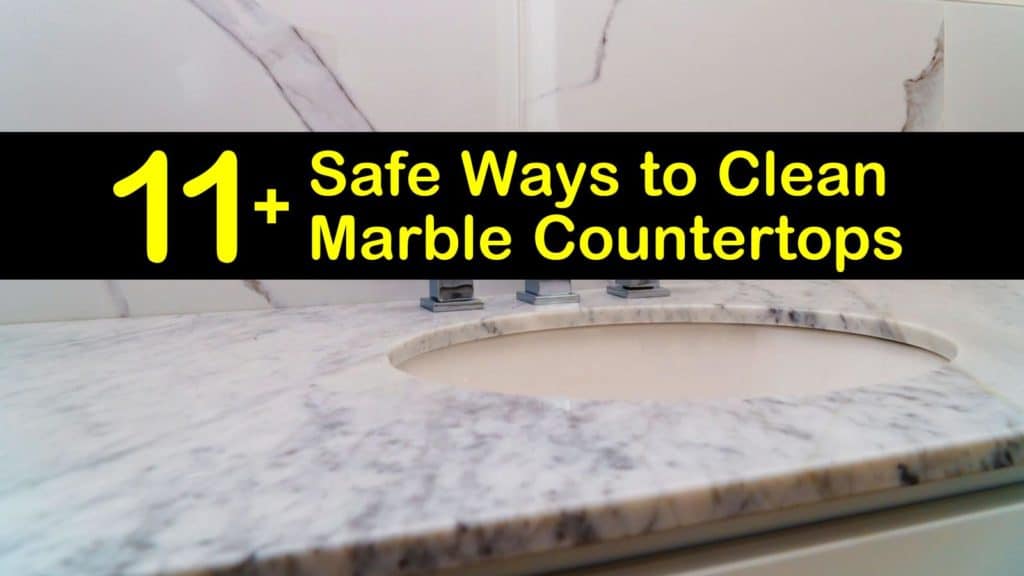
Related articles:
- Refinishing Cultured Marble Countertops
- White Marble Countertops
- Marble Countertops Backsplash
- DIY Refinishing Cultured Marble Countertops
- Marble Countertops In Bathrooms
- Cultured Marble Countertops
- Gray Kitchen Cabinets Marble Countertops
- Modern Kitchen Marble Countertops
- Refinish Cultured Marble Countertop
- Carrara Marble Countertops Bathroom
